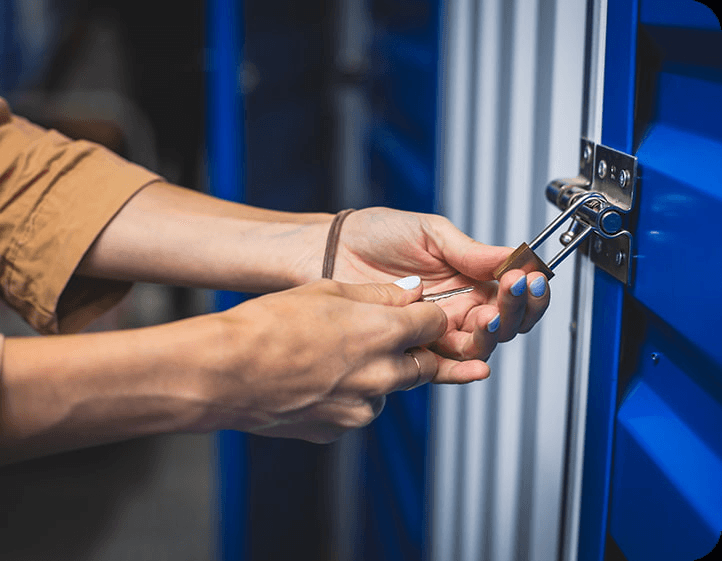February 14, 2023

Renting storage units is one of the most cost-effective space-saving strategies for businesses. Storage units can be convenient if you need space to set up a temporary workplace or if you need to keep your inventories while relocating.
For businesses cutting costs, business storage facilities provide a handy, safe, and secure storage solution. Many storage facilities have various storage unit sizes. As a result, businesses can select whatever best meets their demands and budget. A storage unit is the most efficient and affordable option if you are a small business searching for a storage unit for your warehouse or in the process of moving offices. For businesses, here are the following considerations before renting a self storage facility for your company.
Decide On The Unit Sizes
You must evaluate the size of storage facilities available based on your business requirements. For example, if you need to store a handful of packages or paperwork, a safe or vault may be a preferable option to a full-sized storage facility. However, if you need to store your business inventories or large equipment, you must rent a large storage unit.
Check The Location
Renting a storage unit far from your office or workplace is useless. The main objective of renting an additional unit is to have access to your possessions as efficiently as possible. A storage facility that is open 24 hours a day is ineffective if you must drive for several hours to get there. Choose a facility close to your office or business area so you can visit anytime you like. It would be costly driving to distant locations, especially when storing or offloading goods in the unit.
Choose Climate-controlled Storage Spaces
Climate control is essential when renting a personal storage facility. Because garages and office buildings sometimes are not equipped to withstand adverse weather conditions, most firms opt for offsite storage containers. Extreme sunlight and humidity can wreak havoc on your valuables, especially if they are moisture sensitive or necessitate a specific temperature.
A climate-controlled unit will regulate humidity levels maintaining the temperature within the optimum range (heating or cooling). It will help lessen the danger of mold and other temperature-related problems. Store commercial belongings that aren’t urgently needed in secure, climate-controlled storage.
Verify Security Features
When renting a storage space, security is the most significant consideration. Because you will not be constantly monitoring your valuables and simply taking the storage company‘s word for it is inadequate, you must evaluate all possible security mechanisms. Less security also implies that the storage facility will be more affordable but more vulnerable to damage or theft. Guarantee that the company with which you sign a contract has monitoring systems, camera surveillance, and 24-hour on-site security.
Confirm Access Times
Consider storing equipment that involves regular access in a facility with flexible access schedules. Most storage facilities are open 24 hours a day, seven days a week, which is suitable for businesses. However, accessibility to your storage unit and consultations with staffers may be scheduled at other times. To communicate with an on-site manager, verify the available time in advance.
Check for Discounts and Deals
When negotiating a contract with a storage unit, check for discounts, prices, and deals aside from security systems, access times, and size alternatives. Because you will be leveraging it for business purposes, the payment of a rental unit will be deducted from your business income.
